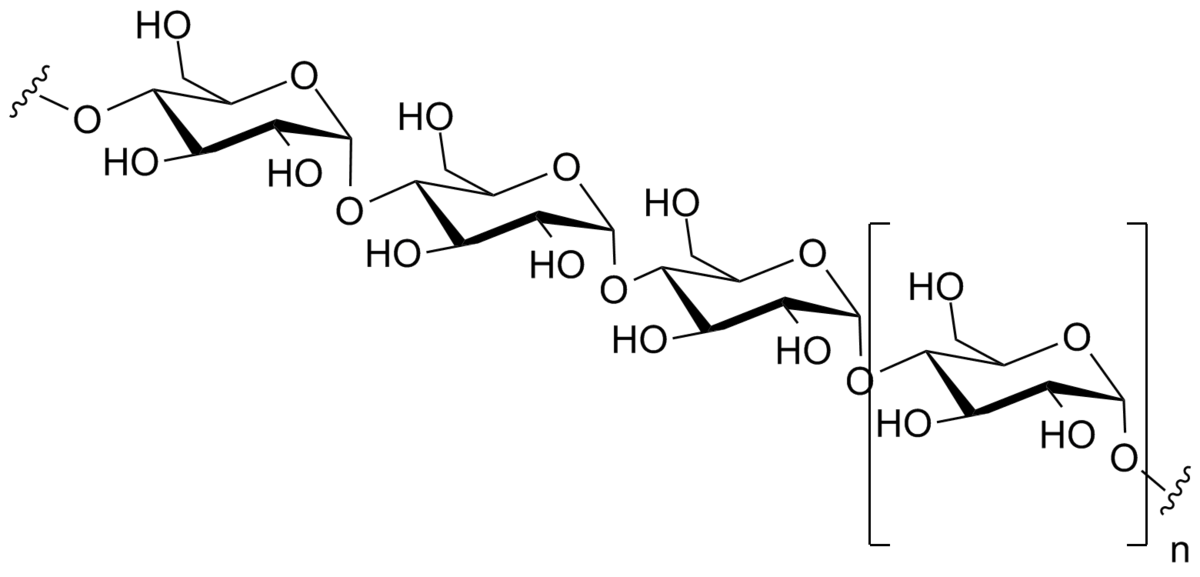This time I want to discuss macro molecules fucoidan and micro molecules fucoidan. Recently, micro molecule fucoidan has entry to the business market and confused people. They claimed small molecules are easy to absorb into the body: however, the definition of fucoidan is Macro molecules. The reason is that fucoidan must be large molecules; the fucoidan mechanism is to stimulate the intestinal immune system and boosting immunity.
Macro molecules are large molecules, so then without digesting in the stomach to reach the intestine and stimulate intestinal immune system.
The main function of the intestine is digestion and absorption. However, it is extremely important as an immune organ. Many pathogenic bacteria enter through the mouth and enther the body through the intestine. As a self-defense system to protect the body form these invaders, the intestinal has the largest immune organ in the body.
In other words, the intestinal tract contains more than 60% of the body of cells that are responsible for immunity and antibodies (mainly immunoglobulin A (IgA)) that are proteins that directly fight invaders.
In the intestine, intestinal intraepithelial lymphocytes exist surrounded by intestinal epithelial cells (absorbing cells) on the intestinal wall as an immune organ. Furthermore, Peyer’s patches and lamina propria mucosae in the lower part of the intestinal tract wall localize as immune system organs on the intestinal tract wall.
Especially, Peyer’s patch is a unique and important immune organ localized in the intestinal wall. In Peyer’s patch region, main immune cells such as dendritic cells, T cells, and B cells are concentrated. These intestinal immune cell groups work together and then defend pathogenic bacterial antigens not to entry in to the body.

As you can find from the above explanation, fucoidan has to reach the intestial tract; otherwise, it cannot stimulate the immune system. If like micro molecules fucoidan absorb in to the body, I wonder how do they boost immunity?
